NYC Subway Crime-Woes: Body Scanners Roll In, Psychologist Hired for Fare Evasion Analysis
- June 7, 2024 11:04am
- 392
Facing rampant crime in the subway system, New York City Mayor Eric Adams announces the implementation of body scanners and hires a psychologist to study fare evaders' motivations, seeking innovative solutions to curb fare evasion and enhance public safety.
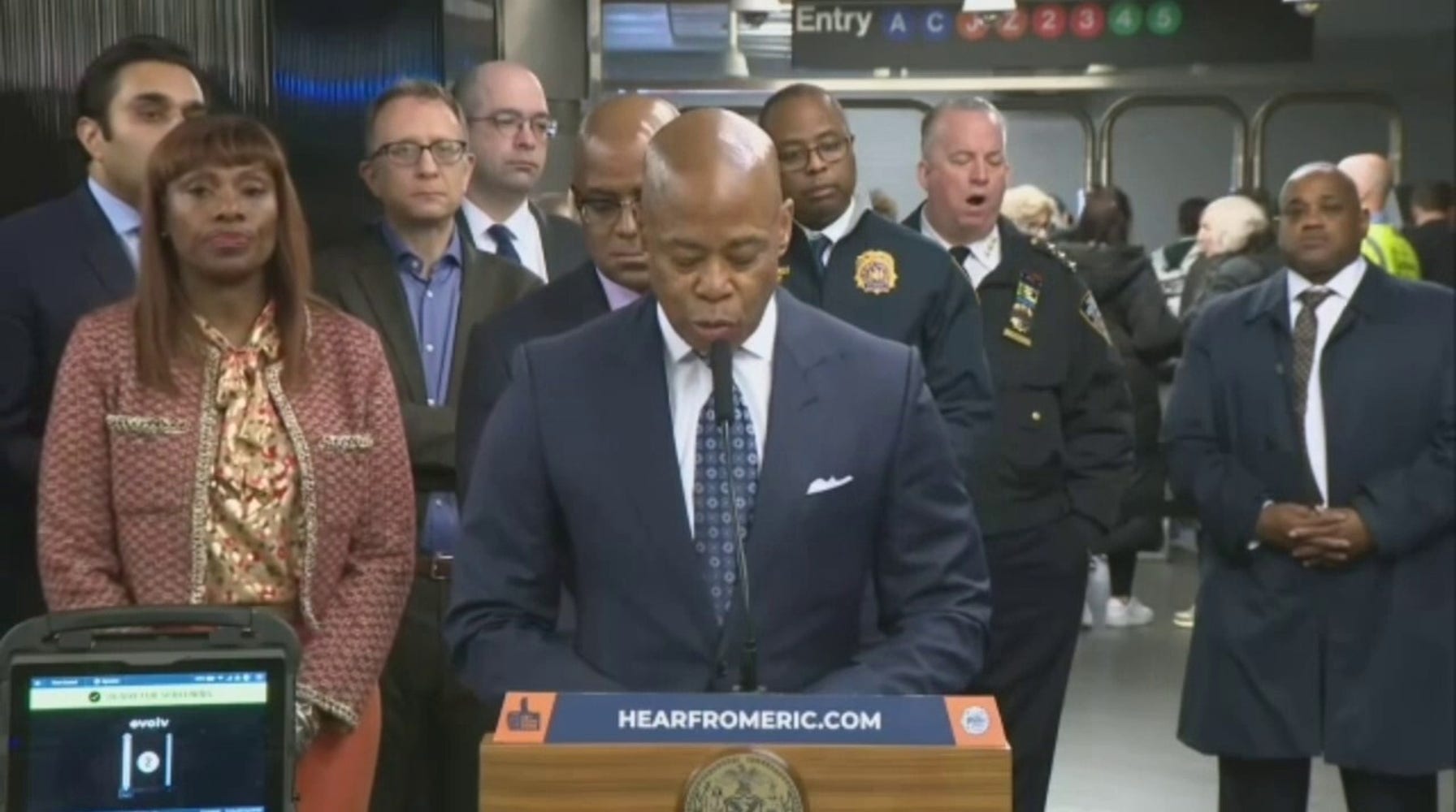
New York City's subway system, a lifeline for millions of commuters, has been plagued by a surge in crime. In response, Mayor Eric Adams has announced two groundbreaking initiatives: the implementation of body scanners and the hiring of a psychologist to analyze the motivations of fare evaders.
Body scanners, a cutting-edge technology used in airports and other high-security areas, are set to be deployed in subway stations to deter criminal activity. These scanners can detect weapons and other dangerous objects concealed on individuals, significantly bolstering security measures. The MTA, which operates the subway system, believes that body scanners will act as a powerful deterrent against crime.
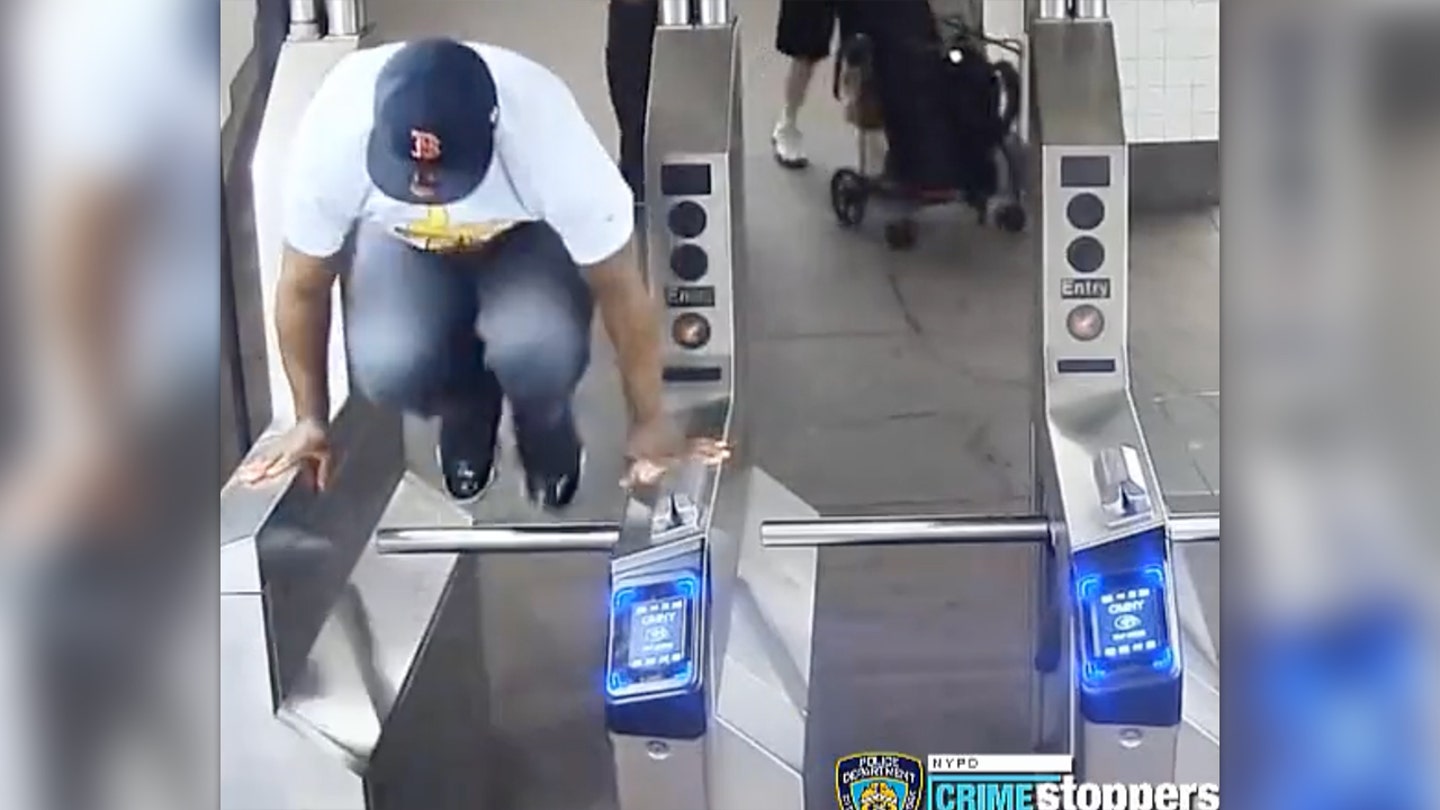
In an unconventional move, the MTA is investing up to $1 million to hire a psychologist to study fare evaders and their motivations. This unprecedented initiative aims to identify the underlying reasons why individuals evade fares, which currently accounts for an estimated loss of $700 million annually.
The psychologist, expected to come from a background in behavioral economics, sociology, or psychology, will conduct research and analyze data to categorize fare evaders into distinct groups based on their motivations and socioeconomic backgrounds. This in-depth analysis is expected to yield actionable insights that could lead to innovative solutions for addressing fare evasion.
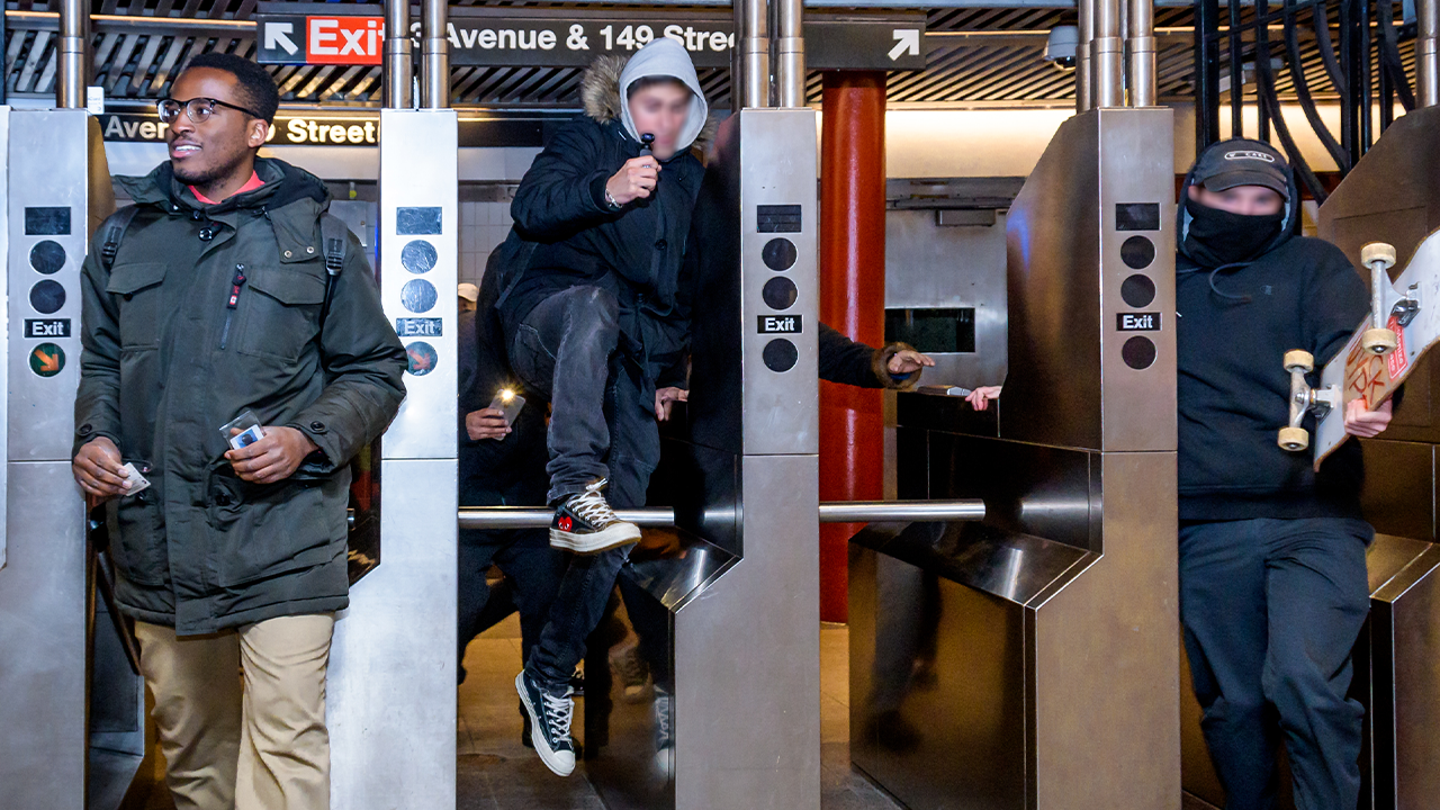
The MTA acknowledges that traditional enforcement measures, such as increased policing, have had limited success in curbing fare evasion. Recognizing the need for a more comprehensive approach, the agency is exploring alternative strategies that aim to change civic behavior related to transportation.
The MTA cites successful examples from other countries, such as the use of mimes in Colombia to reprimand traffic violators and dancing zebras in Bolivia for traffic-calming at crosswalks. These initiatives have shown that engaging, non-punitive methods can effectively alter behavior.

Retired NYPD inspector and Fox News contributor Paul Mauro has expressed skepticism about the MTA's novel approach, describing it as "a parody." He argues that the focus should be on enforcing fare evasion laws and cracking down on turnstile jumpers, a strategy that has proven effective in the past.
Others question the effectiveness of hiring a psychologist for such a complex issue, suggesting that the funds could be better spent on additional law enforcement or other proven crime-reduction measures.
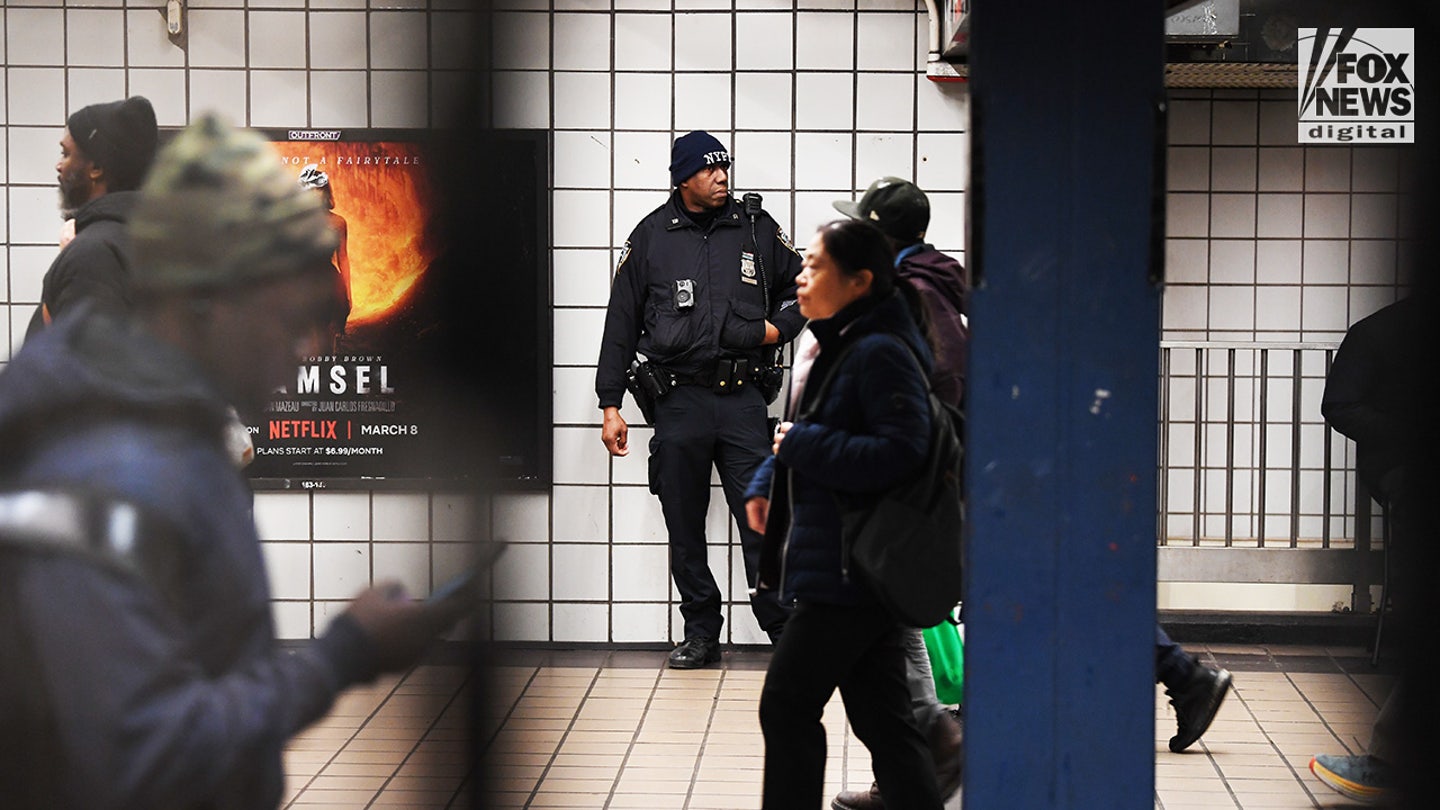
Despite the criticism, the NYPD welcomes the MTA's efforts to complement law enforcement initiatives. The department acknowledges the link between fare evasion and crime, emphasizing that nearly all criminals evade fares. The NYPD has recorded an 88.5% increase in fare evasion arrests thus far this year, recovering 16 firearms from arrested fare evaders.
Criminal and police psychologist Dr. Katherine Kuhlman points out that similar studies have been conducted in other subway systems worldwide, yielding valuable data. A study in Melbourne, Australia, identified four types of fare evaders, highlighting the importance of understanding the different motivations for this behavior.
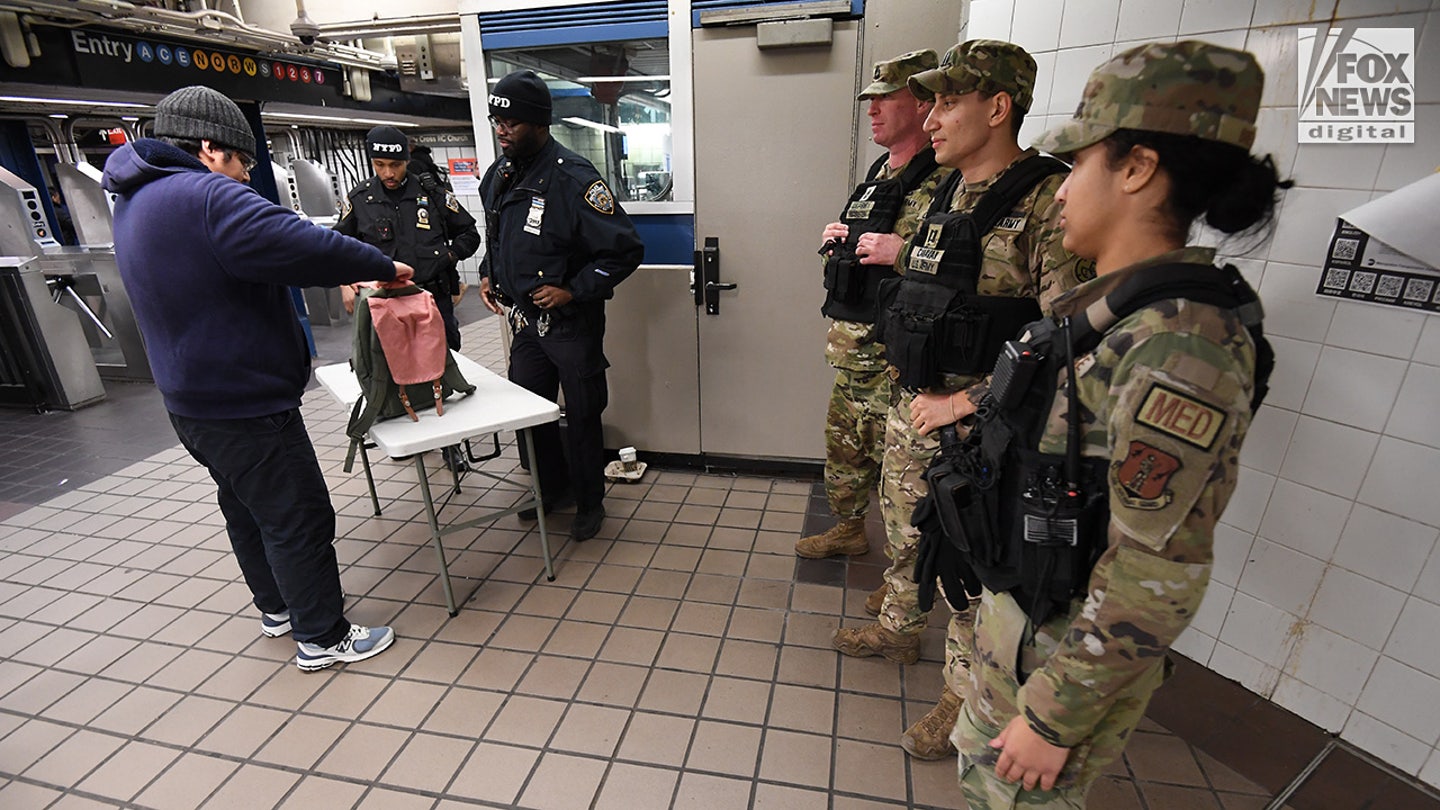
Public Transport Victoria, the agency responsible for Melbourne's public transport, implemented marketing campaigns targeting recidivist fare evaders and deployed plainclothes police officers for more effective ticket checks, reducing the fare evasion rate from 12% to 5%.
The MTA's holistic approach to fare evasion includes efforts to reinforce the importance of paying fares and making it easier for customers to do so. The agency hopes that the psychologist's research will complement these initiatives and provide insights that can help reduce fare evasion, improve safety, and restore confidence in the subway system.
While the full impact of these measures remains to be seen, the MTA's willingness to explore innovative approaches to crime prevention demonstrates a commitment to safeguarding the safety and well-being of subway riders.
Related articles
-
 Off-Duty Atlanta Officer Killed by Homeowner After Breaking into Neighbor's House
An off-duty Atlanta police officer was shot and killed by a homeowner after he allegedly broke into a house in his own neighborhood in Douglas...
Off-Duty Atlanta Officer Killed by Homeowner After Breaking into Neighbor's House
An off-duty Atlanta police officer was shot and killed by a homeowner after he allegedly broke into a house in his own neighborhood in Douglas...
- 06 Oct 2024
-
 Chicago Board of Education Members Resign Amid Pressure from Mayor
The entire Chicago Board of Education has announced their resignations amid reports of a pressure campaign by the city's Democrat mayor to fire the...
Chicago Board of Education Members Resign Amid Pressure from Mayor
The entire Chicago Board of Education has announced their resignations amid reports of a pressure campaign by the city's Democrat mayor to fire the...
- 06 Oct 2024
-
 Behind the Mugshots: A Glimpse into the Arrests of 16 Individuals
From alleged drug possession to child sexual assault, these individuals have been arrested for a wide range of offenses in various counties across...
Behind the Mugshots: A Glimpse into the Arrests of 16 Individuals
From alleged drug possession to child sexual assault, these individuals have been arrested for a wide range of offenses in various counties across...
- 06 Oct 2024
-
 Squatter Solutions: Addressing America's Housing Crisis
Squatting has become a growing issue in the United States, leaving homeowners and landlords helpless. Flash Shelton, founder of Squatter Hunters, and...
Squatter Solutions: Addressing America's Housing Crisis
Squatting has become a growing issue in the United States, leaving homeowners and landlords helpless. Flash Shelton, founder of Squatter Hunters, and...
- 06 Oct 2024
-
 10-Year-Old Boy Arrested After Allegedly Stealing Car and Driving Recklessly Near Playground
A 10-year-old boy from Minneapolis, Minnesota, was arrested for stealing a car and driving recklessly near a school playground, nearly hitting...
10-Year-Old Boy Arrested After Allegedly Stealing Car and Driving Recklessly Near Playground
A 10-year-old boy from Minneapolis, Minnesota, was arrested for stealing a car and driving recklessly near a school playground, nearly hitting...
- 06 Oct 2024
-
 Trump's Butler Rally Amidst Heightened Security: Supporters Express Confidence
Former President Trump's second rally in Butler, Pennsylvania, was met with increased security following an assassination attempt in July. Supporters...
Trump's Butler Rally Amidst Heightened Security: Supporters Express Confidence
Former President Trump's second rally in Butler, Pennsylvania, was met with increased security following an assassination attempt in July. Supporters...
- 06 Oct 2024

Leave a comment
Your comment is awaiting moderation. We save your draft here
0 Comments
Chưa có bình luận nào